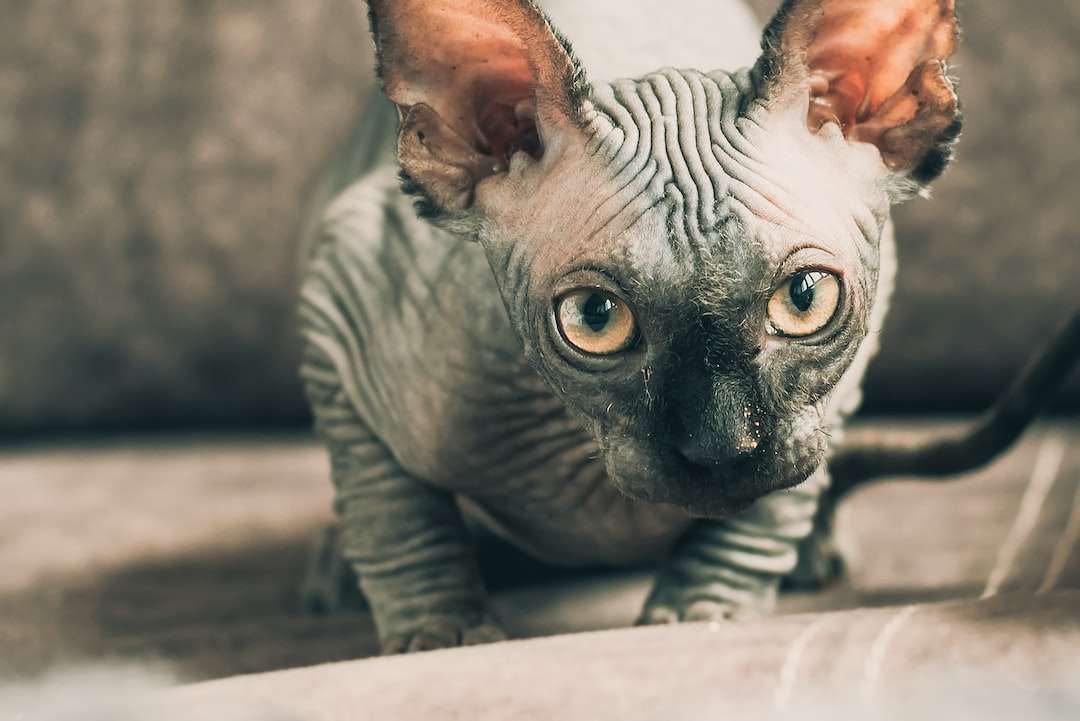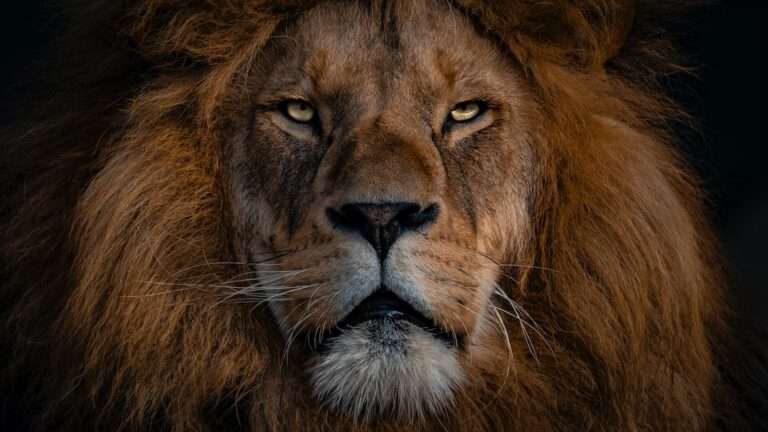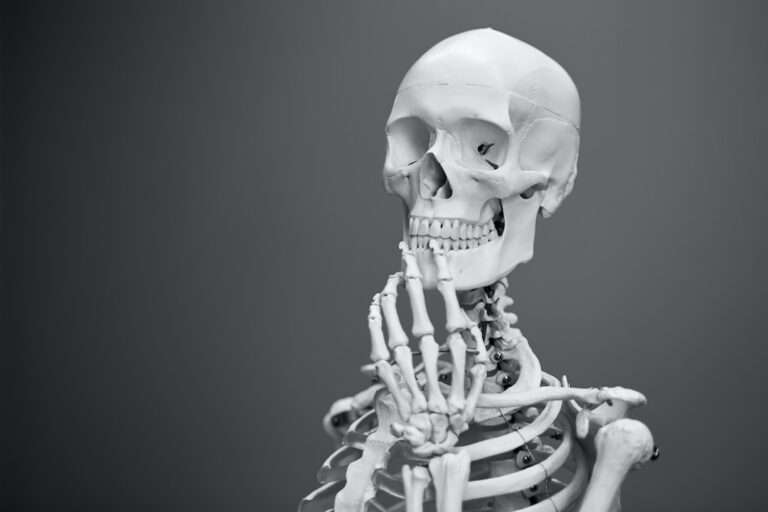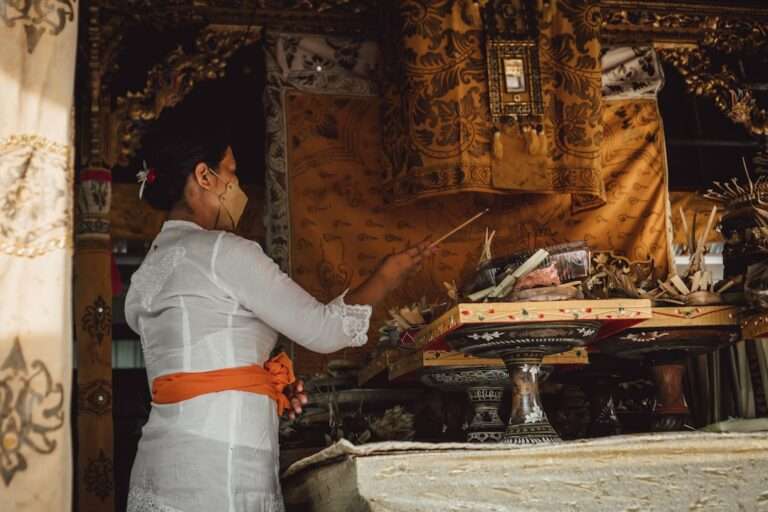Egyptian Tattoos: Exploring Ancient Symbols and Meanings

Tattoos have been a part of human culture for thousands of years, serving as a form of self-expression, cultural identification, and spiritual significance. One of the oldest and most fascinating cultures to have practiced tattooing is ancient Egypt. The art of tattooing in ancient Egypt holds great historical significance and provides valuable insights into the beliefs, traditions, and social structures of this ancient civilization.
Studying the history of tattoos in ancient cultures is important because it allows us to gain a deeper understanding of our shared human history. Tattoos are not just decorative body art; they are a reflection of the beliefs, values, and identities of the people who wore them. By exploring the origins, symbolism, and role of tattoos in ancient Egyptian society, we can gain a greater appreciation for the cultural heritage and artistic traditions that have shaped our world.
The Origins of Egyptian Tattoos: Exploring the Ancient Culture of Egypt
Ancient Egypt was a civilization that thrived along the banks of the Nile River from around 3100 BCE to 30 BCE. It was a highly advanced society known for its monumental architecture, sophisticated writing system, and complex religious beliefs. Tattooing was an integral part of this ancient culture, with evidence dating back to at least 2000 BCE.
The ancient Egyptians used various techniques and tools to create their tattoos. One common method involved pricking the skin with a sharp instrument and then rubbing ink or pigment into the wounds. Another technique involved using a needle to puncture the skin and then applying ink or dye to create the desired design. The tools used in tattooing included bone or metal needles, as well as pigments made from natural materials such as charcoal or henna.
Symbolism in Egyptian Tattoos: Understanding the Meanings Behind the Designs
Egyptian tattoos were rich in symbolism and often depicted gods, goddesses, animals, and other significant figures from Egyptian mythology. These symbols held deep meaning in ancient Egyptian culture and were believed to provide protection, guidance, and spiritual power to the wearer.
Some common symbols found in Egyptian tattoos include the Ankh, which represents eternal life; the Eye of Horus, a symbol of protection and healing; and the Scarab Beetle, a symbol of rebirth and transformation. Each symbol had its own specific meaning and was often associated with a particular deity or aspect of Egyptian mythology.
In modern interpretations, Egyptian tattoos continue to hold symbolic significance. They can represent personal beliefs, values, or connections to ancient Egyptian culture. For some, these tattoos serve as a reminder of their own strength and resilience, while for others they are a way to honor their ancestors or express their fascination with ancient history.
The Role of Egyptian Tattoos in Ancient Egyptian Society: From Royalty to Commoners
Tattooing in ancient Egypt was not limited to a specific social class or group of people. While it is true that tattoos were more commonly found among the lower classes, there is evidence to suggest that even members of the royal family had tattoos.
Tattoos were often associated with religious and spiritual practices in ancient Egypt. They were believed to provide protection and guidance in the afterlife, as well as serve as a form of identification for the deceased. Many mummies have been found with tattoos on their bodies, indicating that tattooing was an important part of the burial process.
The Evolution of Egyptian Tattoos: From Traditional to Modern Designs
Over time, tattooing techniques and styles have evolved, influenced by cultural shifts and advancements in technology. This is also true for Egyptian tattoos. While traditional Egyptian tattoo designs often featured intricate patterns and symbols inspired by ancient Egyptian art, modern interpretations have incorporated elements from various tattooing traditions around the world.
Today, Egyptian tattoos can be seen in a wide range of styles, from traditional black and gray designs to vibrant, colorful pieces. Some artists combine traditional Egyptian motifs with contemporary tattooing techniques, creating unique and visually striking designs. The popularity of Egyptian tattoos has also been influenced by the rise of tattoo culture in mainstream society, with many people choosing to get Egyptian-inspired tattoos as a way to express their individuality and appreciation for ancient history.
The Spiritual Significance of Egyptian Tattoos: Connecting with the Divine

In ancient Egypt, tattoos were not just decorative; they were believed to have spiritual significance. Tattoos were often associated with religious rituals and practices, serving as a way to connect with the divine and seek protection from the gods.
Modern interpretations of Egyptian tattoos also carry spiritual significance for many people. These tattoos can serve as a reminder of one’s own spiritual journey or beliefs, providing a sense of connection to something greater than oneself. For some, getting an Egyptian tattoo is a way to honor their ancestors or pay homage to the ancient gods and goddesses of Egypt.
The Artistry of Egyptian Tattoos: Examining the Intricate Designs and Techniques
Egyptian tattoos are known for their intricate designs and attention to detail. The artistry involved in creating these tattoos requires skill, precision, and a deep understanding of ancient Egyptian art and symbolism.
Tattoo artists who specialize in Egyptian designs often spend years studying the art and history of ancient Egypt. They carefully research the symbols and motifs used in traditional Egyptian tattoos and strive to create designs that are both visually stunning and culturally accurate.
Some notable Egyptian tattoo artists include Ami James, who gained fame on the reality TV show “Miami Ink,” and Paul Booth, known for his dark and macabre style. These artists have helped popularize Egyptian tattoo designs in mainstream culture and have contributed to the ongoing evolution of this ancient art form.
The Global Appeal of Egyptian Tattoos: From Hollywood to the Streets
Egyptian tattoos have gained popularity around the world, with people from all walks of life choosing to get inked with Egyptian-inspired designs. From Hollywood celebrities to everyday individuals, Egyptian tattoos have become a popular choice for those seeking a unique and visually striking form of self-expression.
Celebrities such as Rihanna, Angelina Jolie, and Chris Brown have all been spotted with Egyptian tattoos. These high-profile individuals have helped bring attention to the beauty and cultural significance of Egyptian tattoo designs, further fueling their popularity.
In addition to celebrity endorsements, the influence of street culture has also played a role in the global appeal of Egyptian tattoos. Street art and graffiti often incorporate elements of ancient Egyptian art and symbolism, creating a visual language that resonates with many people.
The Controversy Surrounding Egyptian Tattoos: Cultural Appropriation or Appreciation?
As with any form of cultural expression, the use of Egyptian tattoo designs by non-Egyptians has sparked debates about cultural appropriation versus cultural appreciation. Some argue that non-Egyptians should not get Egyptian tattoos as it is a form of cultural appropriation, while others believe that it is a way to honor and appreciate ancient Egyptian culture.
It is important to approach the subject of cultural appropriation with sensitivity and respect. While it is true that borrowing elements from another culture can be seen as disrespectful or offensive, it is also important to recognize that cultural exchange has been happening throughout human history. The key is to approach cultural symbols and traditions with knowledge, understanding, and respect for their origins and meanings.
The Timeless Beauty and Significance of Egyptian Tattoos
In conclusion, Egyptian tattoos hold great historical and cultural significance. They provide valuable insights into the beliefs, traditions, and social structures of ancient Egypt. By studying the origins, symbolism, and role of tattoos in ancient Egyptian society, we can gain a deeper understanding of our shared human history.
Egyptian tattoos continue to be popular in modern culture, with people from all walks of life choosing to get inked with Egyptian-inspired designs. These tattoos serve as a form of self-expression, cultural identification, and spiritual significance. Whether it is a small Ankh symbol or a full sleeve depicting scenes from ancient Egyptian mythology, these tattoos are a testament to the timeless beauty and significance of Egyptian art and culture.
If you’re interested in exploring the symbolism behind Egyptian tattoos, you might also find our article on the symbolism of the moon fascinating. The moon has long been associated with various meanings and interpretations across different cultures and religions. From representing femininity and intuition to symbolizing cycles and transformation, the moon holds a significant place in human history. To delve deeper into the symbolism of the moon, check out our article here.
FAQs
What are Egyptian tattoos?
Egyptian tattoos are designs that are inspired by the art, symbols, and mythology of ancient Egypt. They often feature images of gods and goddesses, hieroglyphics, and other ancient Egyptian motifs.
What is the significance of Egyptian tattoos?
Egyptian tattoos are often seen as a way to connect with the rich history and culture of ancient Egypt. They can also be a way to pay homage to the gods and goddesses of the Egyptian pantheon, or to express a personal connection to a particular aspect of Egyptian mythology.
What are some common Egyptian tattoo designs?
Common Egyptian tattoo designs include images of the Eye of Horus, the Ankh symbol, the scarab beetle, the goddess Isis, and the god Anubis. Hieroglyphics and other ancient Egyptian symbols are also popular choices.
What do the different Egyptian tattoo designs symbolize?
The Eye of Horus is a symbol of protection and healing, while the Ankh symbol represents eternal life. The scarab beetle is associated with rebirth and regeneration, while the goddess Isis is a symbol of motherhood and fertility. Anubis is the god of the afterlife and is often depicted as a jackal-headed figure.
Are there any cultural considerations to keep in mind when getting an Egyptian tattoo?
It is important to be respectful of the culture and history behind Egyptian tattoos. Some designs may be considered sacred or reserved for certain individuals or groups. It is also important to research the meaning and symbolism behind a particular design before getting it tattooed.





